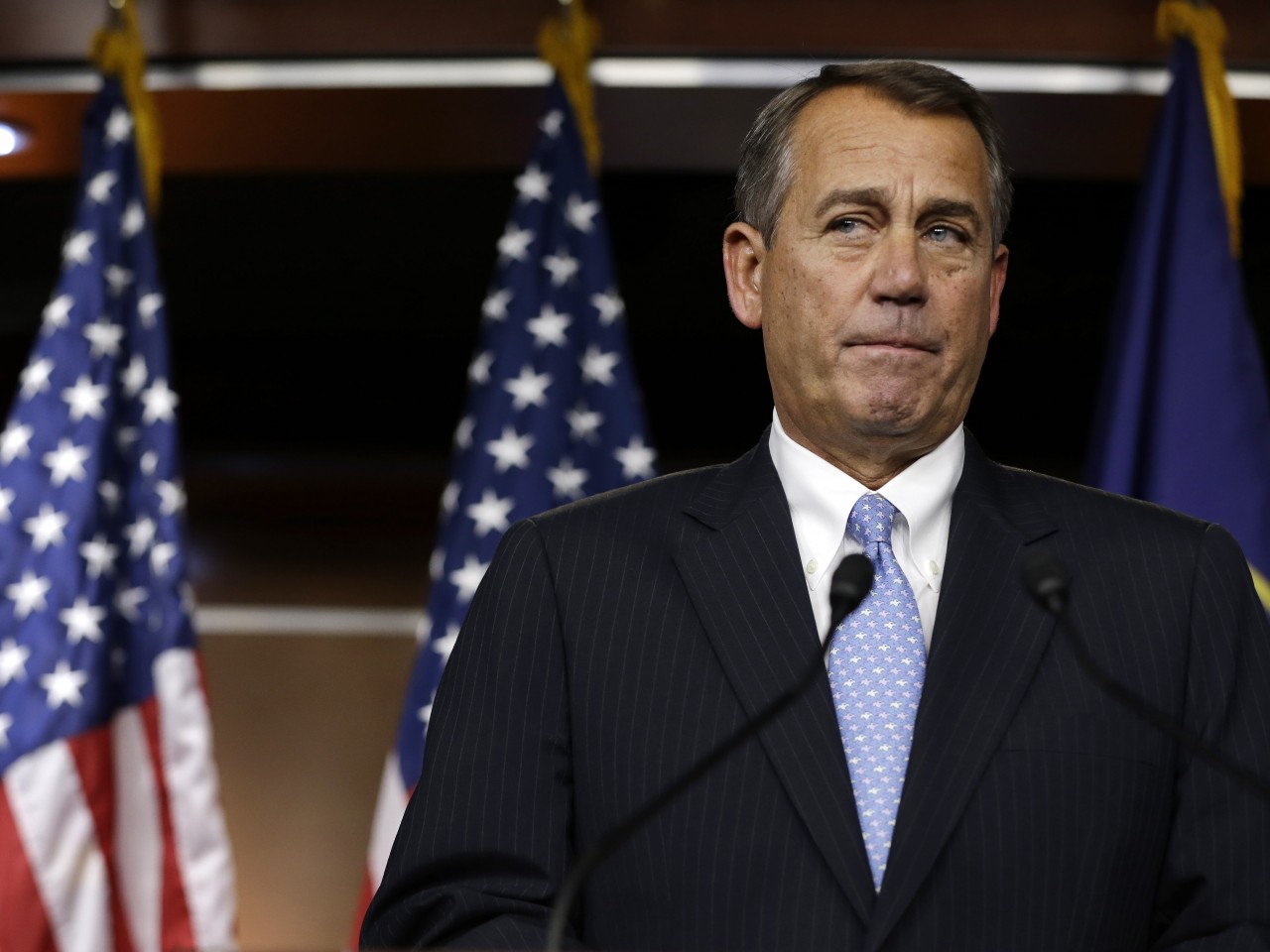I finally saw Argo this weekend at the AFI. It's about the Iranian hostage crisis in the late seventies, Ben Affleck directed and starred. It's a very well made movie accurately that recreates the street protests and violence in Iran at the time. The movie focuses on six foreign service employees that escaped the U.S. embassy when it was attacked by protesters. The six hide out in the Canadian Ambassador's house where C.I.A operative Tony Mendez finds them in order to get them out of the contry. There is incredible tension created in scenes at the Tehran airport where the Iranian Revolutionary Guard interrogates Mendez and the six americans. Mendez plans to get the americans out by giving them fake identities as Canadian film scouts for a movie called Argo. I won't reveal anything else, but suffice it to say the movie is very good and I reccomend it.
I was very impressed when in the narration at the beginning, it was admitted that the violent and chaotic situation in Iran was due to a coup funded by the U.S. in the fifties which deposed a democratically elected leader in favor of a repressive monarchy all in the interest of cheap oil. However, throughout the movie, more mainstream views about Iran developed. By the end of the movie, the Revolutionary Guard are villians and nothing more. Because of this it is important to remember that the culpability of the hostage crisis, and even the entire violent ismlamist uprising sits squarely in the hands of the United States.
Ben Affleck as Mendez
